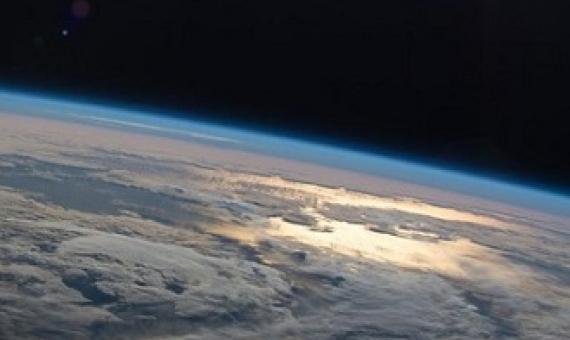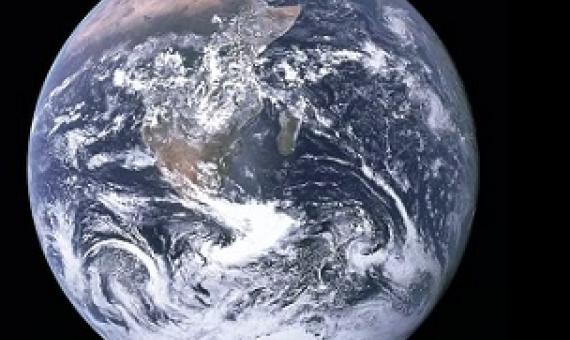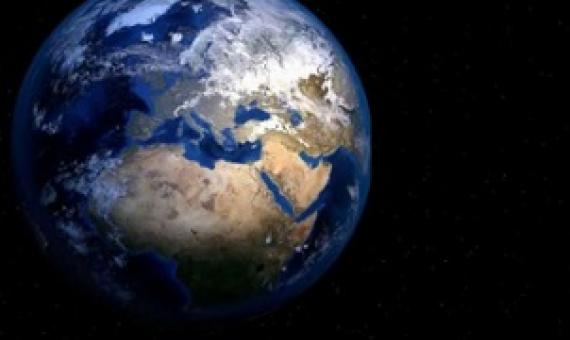We have crossed six of the nine boundaries within which human life on Earth will still be possible for future generations. That is not good news. Can the tide still be turned? The planetary boundaries were discussed on May 9 as part of the Leiden University Green Office's Sustainability Day.
December 7 marks the 50-year anniversary of the Blue Marble photograph. The crew of NASA’s Apollo 17 spacecraft – the last manned mission to the Moon – took a photograph of Earth and changed the way we visualised our planet forever.
The global economy's business-as-usual approach to climate change has seen Earth's "vital signs" deteriorate to record levels, an influential group of scientists said Wednesday, warning that several climate tipping points were now imminent.
Since the 1960s, conservationists have had a standard solution for saving biodiversity: Protect natural areas from human influence.
A study by the University of Southampton gives a new perspective on why our planet has managed to stay habitable for billions of years—concluding it is almost certainly due, at least in part, to luck.
Scientists have found the interstellar organic matter could produce an abundant supply of water by heating, suggesting that organic matter could be the source of terrestrial water. There remains a number of mysteries on our planet including the elusive origin of water on the earth.












